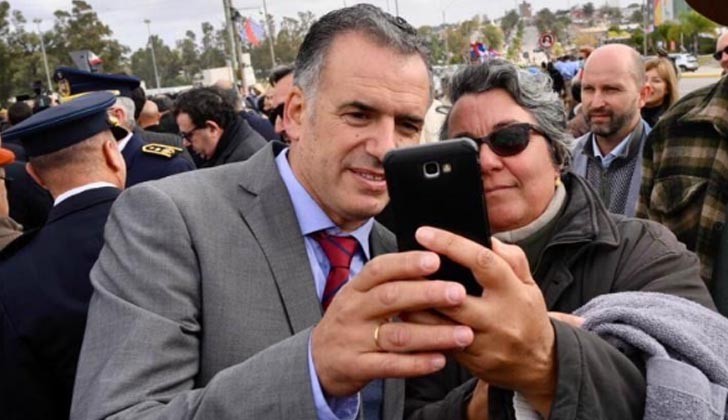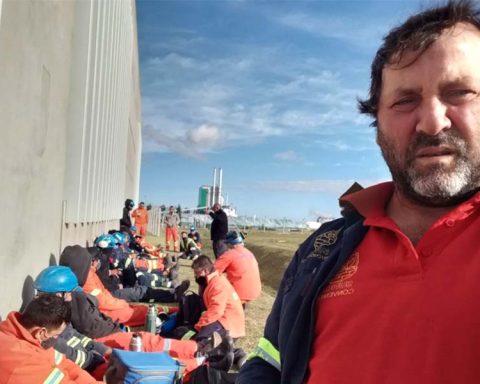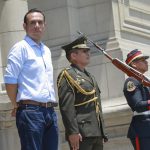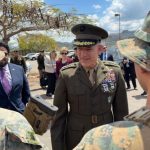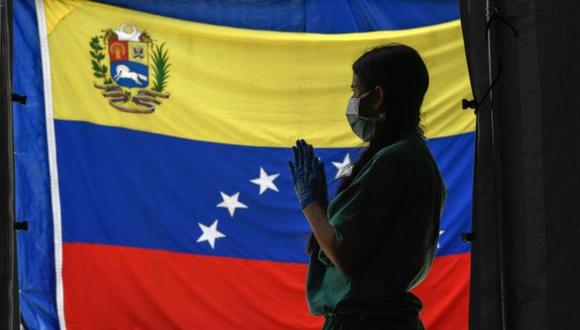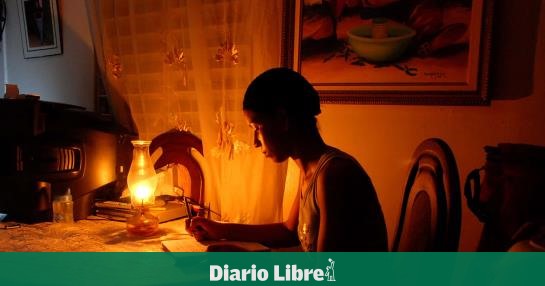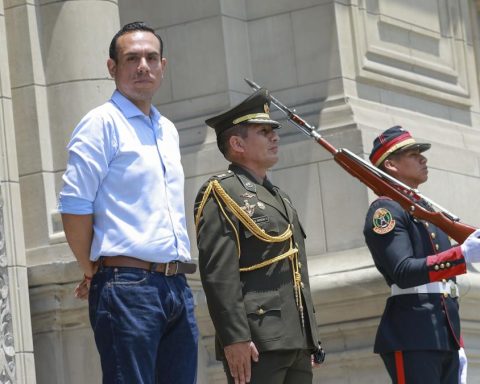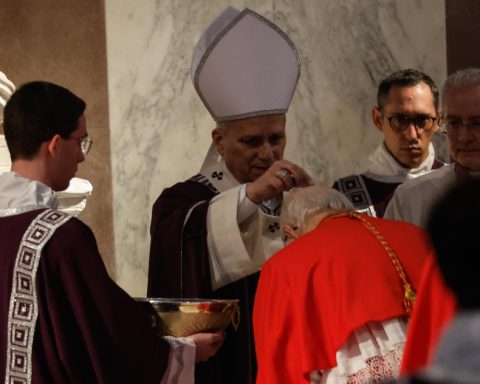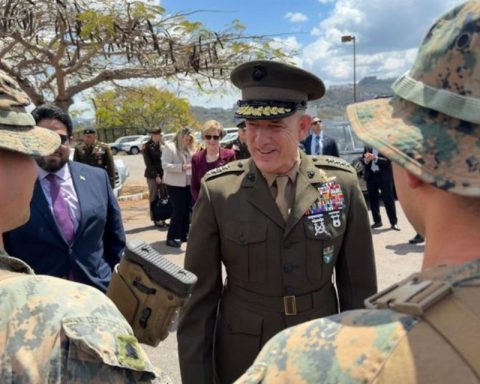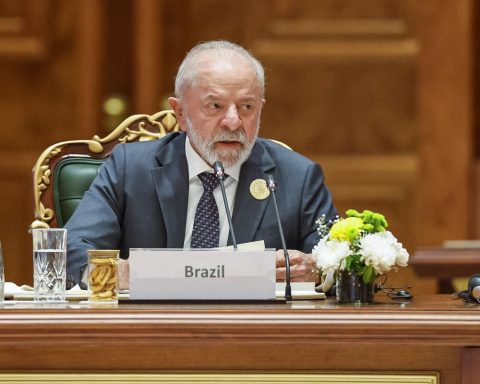
Orsi participated this Wednesday, May 18, in the central act for the 211th anniversary of the Battle of Las Piedras, which took place in the Canarian city of Las Piedras, and in which the President of the Republic, Luis Lacalle Pou, was also present. ministers and legislators.
dramatic situation
In his speech, the Canarian mayor mentioned that so far in the month of May, “19 people have been killed, and in May of last year there were 16.” He added that this is not just another statistic, nor is it a veiled way of passing political accounts, but rather a way of remembering that the country is facing a “dramatic” situation and it would be terrible to get used to it.
“There are no class A or class B deaths here. Behind those deaths there is tragedy and pain. We cannot be neutral or ignored in the face of this. Behind each person who dies in this way there is an expression of our collective failure to address the issue of public security, a complex matter that we should resolve collectively, among all of us, with the utmost urgency and responsibility,” said the head of the departmental government of Cannelloni.
Orsi told the Minister of the Interior, Luis Alberto Heber, who was present at the event, that he can count on the Broad Front.
“We must always build bridges, a concept that should never be underestimated or trivialized, especially when we speak from a democratic society like Uruguay,” he added.
He added that he was not trying to claim responsibilities, because “it is clear that whoever wins the elections governs, and among the functions of government is making decisions about public policies, but a healthy democratic system is also nourished by dialogue.”
Child poverty
In another order, the Canarian head of government questioned that Uruguay faces “important social problems.”
“Like all countries, the pandemic put us before the enormous challenge of ensuring subsistence, especially for the most disadvantaged sectors. The architecture of our social protection system, so often unfairly criticized, served as a safety net that partially mitigated some of the worst consequences of inactivity,” he said.
He acknowledged, however, that “the economic recovery is helping to alleviate part of the setback, but it is not enough, because it is still insufficient and unequal.”
In this sense, Orsi referred to the data on child poverty. “Each year a child spends in poverty compromises their future physical, emotional and intellectual development. As a country, we cannot passively accept this situation. It is time to get down to work to do everything we can.”
He recognized that “the increase in prices has multiple factors, some that the country cannot control”, but considered that “it is possible to mitigate part of its consequences to prevent many people from living in situations that threaten their livelihood. There should be no better investment for a country than to prevent its citizens from falling into poverty or from abruptly declining their standard of living”.
“We can talk a lot about indicators and economic theory, data and stories, but perhaps it is also about introducing sensitivity, realism and a lot of pragmatism, first of all,” he said.
Likewise, he referred to the need for the “transformation of education” as an unavoidable challenge.
